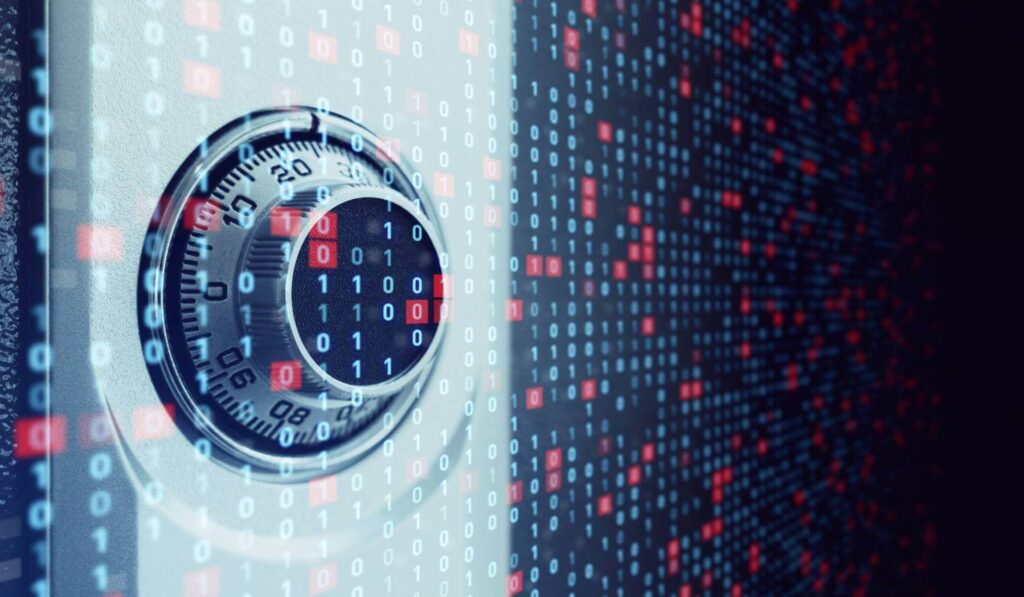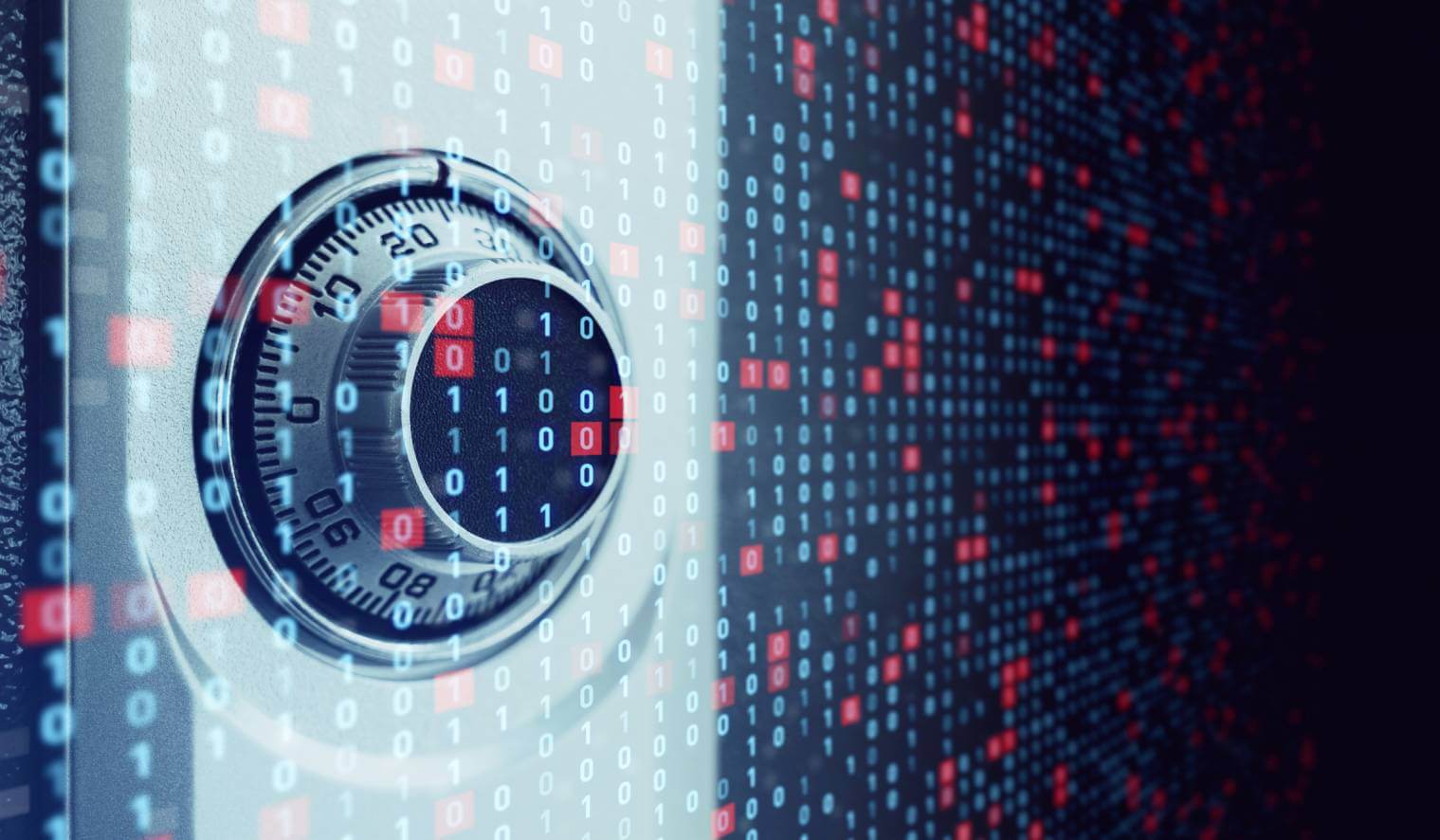Ransomware cyber-attacks have become the new preferred mode of operation for hackers. It is a real danger for private and public organizations. Faced with the resurgence of this type of cyber attack, many companies are faced with a dilemma: should we really pay the ransom or not? Very few of them know how to go about it, and what are the different legal, security, technical, ethical, and financial issues. Here we show you the ideal attitude to adopt in the event of a ransomware attack.

RANSOMWARE: TAKING DATA HOSTAGE FOR RANSOM
Also known as ransomware, ransomware refers to malicious software that blocks a company’s computer data. The latter takes a hostage and encrypts files and data on a server to then exchange them for ransom. This type of computer attack was first seen in Russia. Then, this method quickly spread around the world, in countries like Australia, Germany, and the United States.
The mode of introduction of the ransomware is infiltration in the guise of a computer worm. Through an email or a file sent to the victim, this malware will encrypt the targeted data and files. They typically attack data about employees, finances, or customers of companies. The hackers then threaten the company to publish its data or sell it to the highest bidder on the black market.
They then demand a large sum of money from the victim. This is usually several million euros. In exchange, they promise to give him a key to decrypt the files taken hostage. The method of payment is always made by electronic money in order to leave no trace. But you have no guarantee that you will actually be able to recover your data after this exchange. Therefore, before making the decision to pay or not, you must, first of all, assess the risks and consequences of such a decision for your business.
RISKS AND CONSEQUENCES OF RANSOMWARE FOR A COMPANY
No business is immune to cyber-attacks. Among them, ransomware has become the new enemy of corporate data. According to Check Point Research, ransomware attacks have increased by nearly 59% in Europe since the start of 2021. In France, nearly 52% of companies have already suffered such an attack.
Ransomware exposes loopholes in a company’s security system. It weakens its finances and considerably damages its reputation. Ransomware will disrupt or even stop the operation of a business. This type of attack is also used for industrial espionage. Most of the organizations attacked choose to pay the ransom. They also manage to recover all of their data most of the time. But is paying the ransom really the right solution?
At first, glance, paying the ransom appears to be the simplest solution to this type of computer attack. But this carries significant risks. According to a Cybereason study, nearly 80% of businesses that have fallen victim to ransomware and paid the ransom have been attacked again. Some only partially recover their data. Paying the ransom, therefore, does not guarantee anything. In addition, the economic consequences of ransomware are sometimes very serious. Job losses are estimated at nearly 22% following the payment of such a ransom. Then, faced with this threat, companies are forced to increase their spending on IT security. This obviously affects their productivity.
Authorities are also strongly advised against giving in to ransomware blackmail. Terrorist groups are often hidden behind these attacks. The ransom paid could therefore be used to finance criminal activities. Businesses can face legal action if necessary. The decision to give in to ransomware blackmail should never be rushed, let alone under pressure. Several parameters must be taken into account in order not to fall victim to a trap again. In this case, the entry on the scene of a legal advisor, law enforcement, or security professionals such as cyber insurers is necessary. They will be able to make a careful assessment of the situation and suggest the best attitude to adopt depending on the case As a business owner, choosing to pay a ransomware ransom is therefore not necessarily the best option. The best is to prevent this kind of attack by taking all the necessary measures. One of these is to opt for a secure solution for storing and managing your files online like NetExplorer.
NETEXPLORER: SECURE ONLINE FILE STORAGE AND MANAGEMENT SOLUTION
Most businesses don’t know how to effectively secure their files online and be safe from ransomware. NetExplorer offers you absolute sovereignty over all your digital data. Our solution allows you to store any type of file with no size limits. It offers great mobility, you can access it from anywhere and on any medium. NetExplorer has a digital application that allows you to access your data even on the go. It is also accessible in offline mode. NetExplorer is also a collaborative platform for sharing your documents, even the most confidential, with complete peace of mind.
Easy and simple to use, our cloud solution is hosted with two data centers located in Paris. NetExplorer is regularly checked and updated by specialists so as not to leave any security breach. It is the perfect ally for anyone who needs a secure and certified cloud solution. Its GDPR compliance and its HDS and ISO 27001 certifications are proof that it is the best choice for a secure online storage system.
It is a unique online data management platform. It offers traceability of all actions carried out in your workspace. NetExplorer also offers great fluidity for all internal and external online collaboration. It has features for creating and co-editing documents for better productivity, even remotely. NetExplorer is above all a very economical solution. It thus reduces IT security expenses to protect against ransomware. No more data encryption, virus infiltration in the system, and remote work problems. Thanks to NetExplorer, you can carry out your tasks in peace, from a web browser, without fear of a computer attack such as ransomware.



